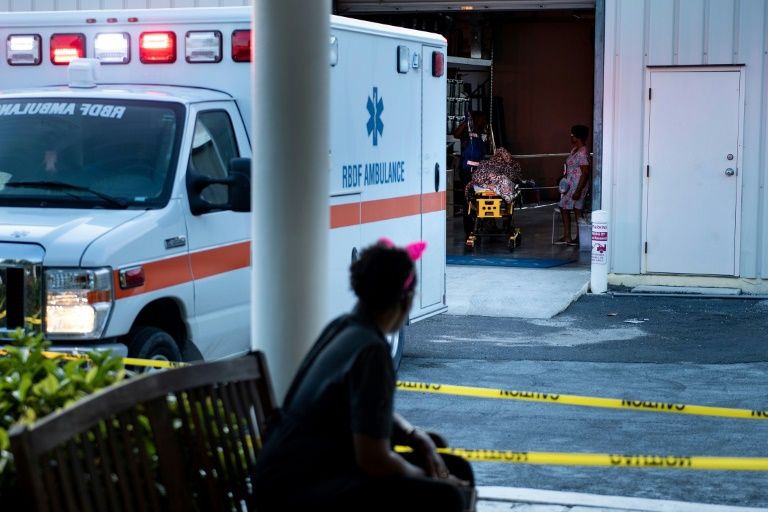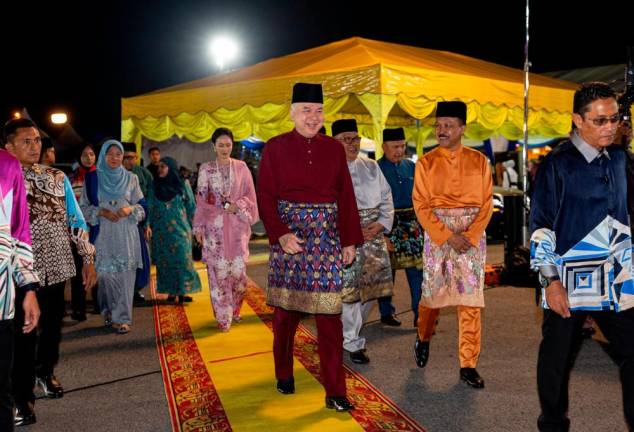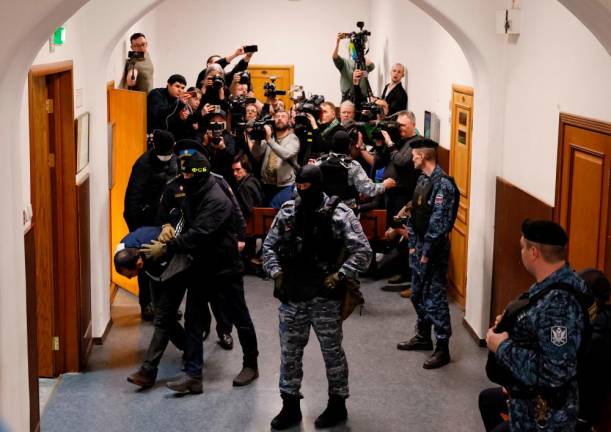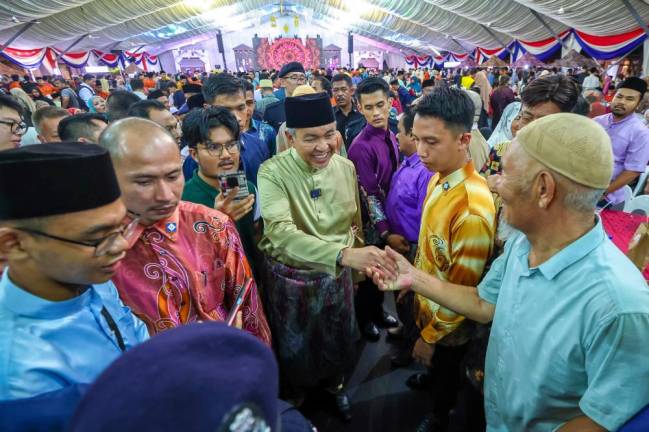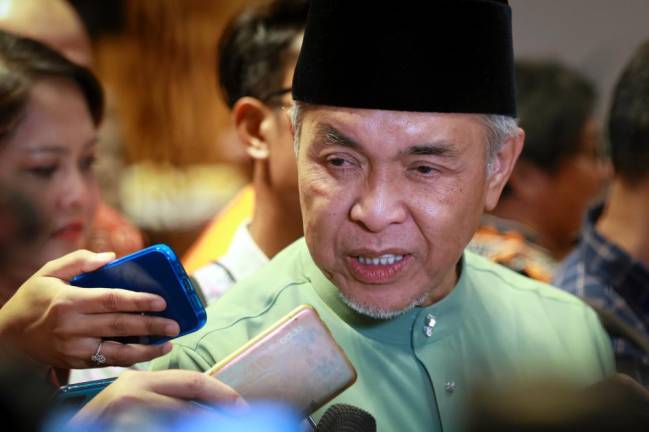NASSAU: After arriving at Nassau Airport, volunteers from NGO Samaritan’s Purse hoped to quickly reach areas devastated by Hurricane Dorian, but instead waited hours under the blazing sun for permission to take off.
Their experience, like that of various other NGOs, reflects the confusion at the airport, in the northern areas of the archipelago that were devastated by the storm, and in the air.
“We landed yesterday with a DC8 aircraft loaded with 30-plus tons of critical relief supplies,“ said Alyssa Benson, spokeswoman for the North Carolina-based Christian organization.
The 18-member team of volunteers is waiting for permission to take off in a plane and a helicopter for the Abacos and Grand Bahama, the islands hit hardest by Dorian, which made landfall as a devastating Category 5 hurricane.
“Our team of pilots are trying to get permission to fly to Abaco and Grand Bahama,“ said Benson, avoiding a question about possible frustration.
“We just want to get this to the people in need, make sure we do everything the right way,“ she said.
The media are in the same boat: a reporter from an international television station, arriving at 8:00 am, was delayed due to a technical problem and was hoping to take off before dark.
The price of helicopter trips to Abaco have soared, rising from US$1,000 (RM4,100) to US$10,000 (RM41,000).
At the airport, there are too many people and not enough helicopters or light aircraft, and flights are often delayed by several hours.
‘Huge emergency situation’
“The air traffic control does not grant clearances,“ the head of a helicopter company said on condition of anonymity.
“Miami says it’s OK, we have clearance, but here there is nothing,“ he told AFP — and Nassau is a necessary stop to refuel.
“Even the Bahamian government people don’t get clearance,“ he added. “It is a huge emergency situation and they can’t handle it.”
On Thursday, flights were suspended for two hours at midday for a survey of the airport landing conditions, an official from an NGO said on condition of anonymity.
“There is a lack of communications, too many people and they don’t speak to each other. One say yes, others say no,“ the official added.
The US Coast Guard, which arrived on Monday in the northern Bahamas, do not have this problem.
They “do their own thing, they have special clearance to bring patients here,“ the NGO official said.
Eight American helicopters and two tilt-rotor Ospreys are involved in rescue and evacuation operations, while American ships patrol affected areas and other light boats look for and evacuate victims.
Officially deployed as a support force for Bahamian authorities, they have a special place in the relief system.
Of the Bahamas, US President Donald Trump has said: “I guess you would call it a British protectorate. But I will do a lot.” — AFP



